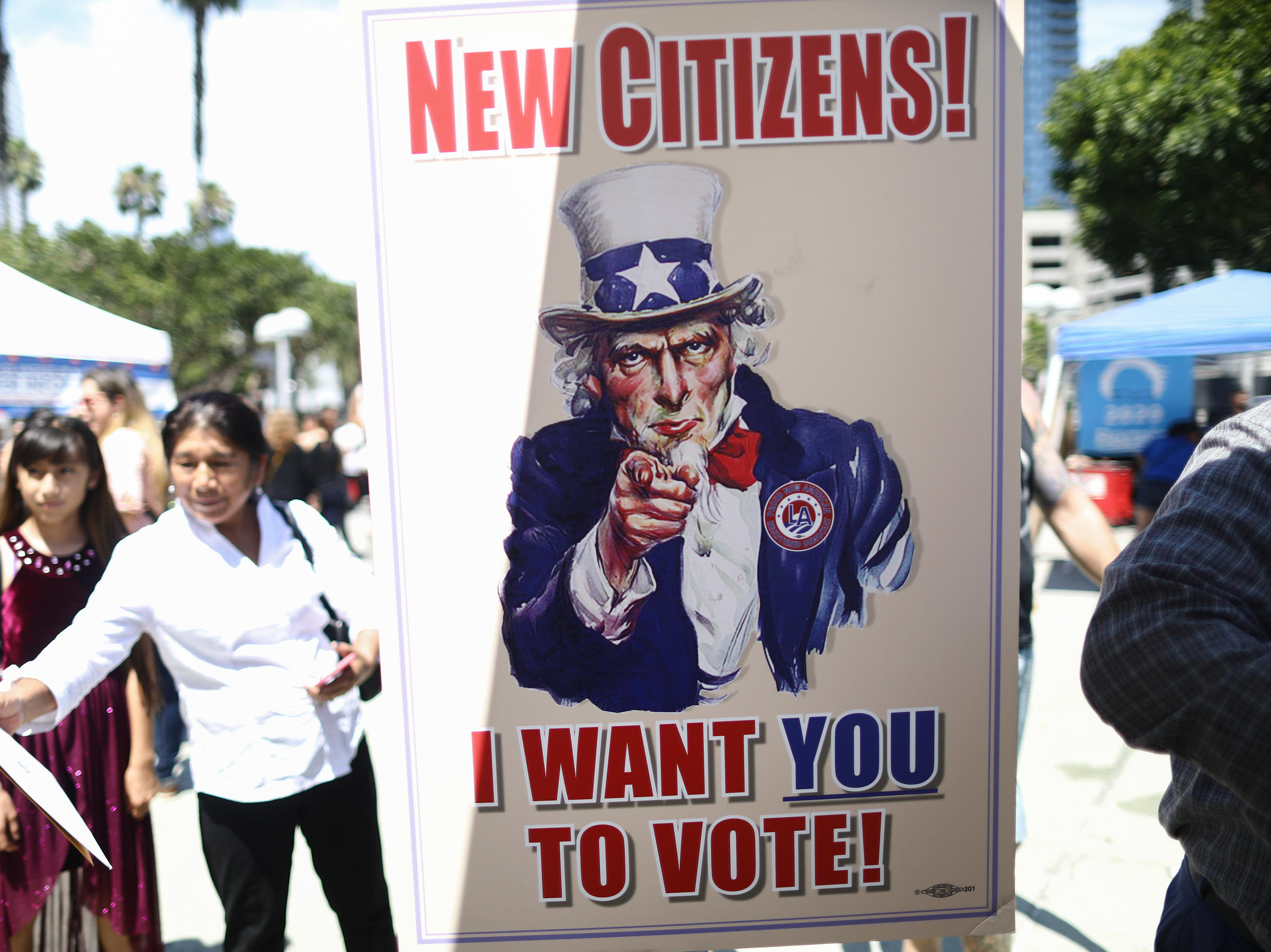

Legal expenses can be a significant hidden restraint where there is fear of suit for libel. The First Amendment protects against censorship imposed by law, but does not protect against corporate censorship, the restraint of speech of spokespersons, employees, or business associates by threatening monetary loss, loss of employment, or loss of access to the marketplace. While certain forms of hate speech are legal so long as they do not turn to action or incite others to commit illegal acts, more severe forms have led to people or groups (such as the Ku Klux Klan) being denied marching permits or the Westboro Baptist Church being sued, although the initial adverse ruling against the latter was later overturned on appeal to the U.S. Supreme Court found that the First Amendment's freedom of speech does not apply to obscenity, which can, therefore, be censored. For example, in recent decades, censorial restraints increased during the 1950s period of widespread anti-communist sentiment, as exemplified by the hearings of the House Committee on Un-American Activities. As the applicability of states rights in lawmaking vis-a-vis citizens' national rights began to wane in the wake of the Civil War, censorship by any level of government eventually came under scrutiny, but not without resistance.
Citizen press blocked free#
Traditionally, the First Amendment was regarded as applying only to the Federal government, leaving the states and local communities free to censor or not. Interpretation of this fundamental freedom has varied since its enshrinement. In the United States, censorship involves the suppression of speech or public communication and raises issues of freedom of speech, which is protected by the First Amendment to the United States Constitution.

Internet censorship and surveillance by country.

( Russian Empire / Soviet Union / Russian Federation) ( Nazi / Democratic Republic / Federal Republic)


 0 kommentar(er)
0 kommentar(er)
